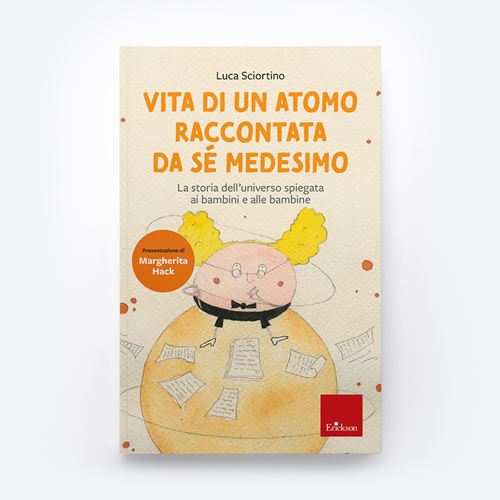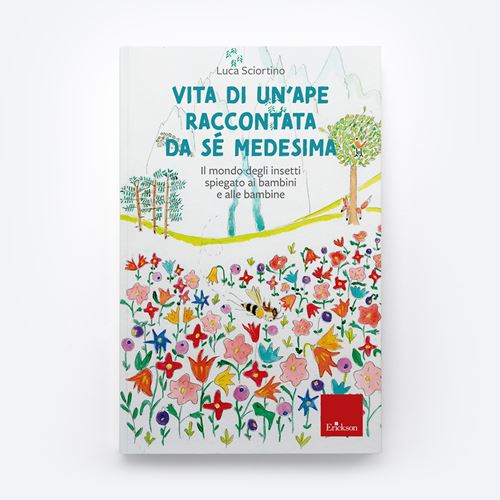 EN
EN
 PT
PT

Ecology explained to children

An autobiography over a thousand years long … An ecosystem that plays the same polyphonic music, in which every little element, even an insect, a dewdrop, a microorganism in the roots of a tree, makes sense.
Life of a tree told by itself is an illustrated book designed and written to communicate the fundamental concepts of ecology to boys and girls: to intrigue, stimulate questions, and help to make people think.
A beautiful story and many curiosities to explore important issues such as biodiversity and climate change.
The story
The years go by and Gina Leafy, a nice, attentive, curious and talkative oak tree, grows stronger and more robust by increasing the rings of her trunk.
Even the branches and shady foliage, which often shelter birds and other woodland animals, grow. Gina Leafy talks to them, discovers their stories, and meets with them generation after generation.
A slow flow of time, following the natural rhythm of the seasons, and the alternation between day and night, it becomes a funny autobiography, made up of encounters, and friendships, but also dangers.
The structure of the volume

A captivating story which teaches about the fundamental concepts of ecology

It offers interesting curiosities

And nice illustrations
Read some chapters from the book, which have been translated into English to facilitate your evaluation:
Discover the books in the series

Life of an atom told by itself
Discover the book Life of an atom told by itself by the same author. The autobiography of a completely original character, the atom Pius Simplicius, who fascinates children, but also adults, with the amazing story of the birth of the universe.

Life of a bee told by itself
Discover the book Life of a bee told by itself by the same author. The biography of Larissa, a friendly and courageous honey bee, accompanies children in discovering important topics such as the relationship between humans and insects, biodiversity and climate change.
THE AUTHOR
Luca Sciortino is a philosopher, writer and scientific popularizer. Trained as a physicist, he received his doctorate in philosophy of science from the Open University (UK). He was a research fellow at the University of Leeds (UK) and a fellow Armenise-Harvard science writer at Harvard University (USA). He has won writing awards and published research articles in international philosophy journals such as “Erkenntnis” and the “International Journal in Philosophy of Science”.